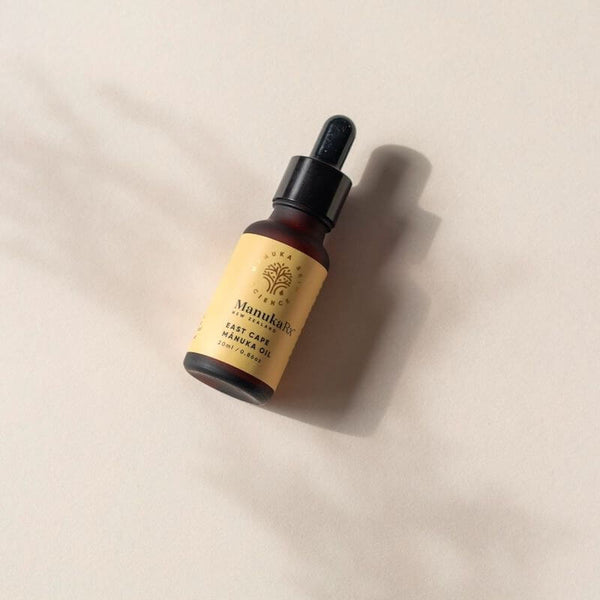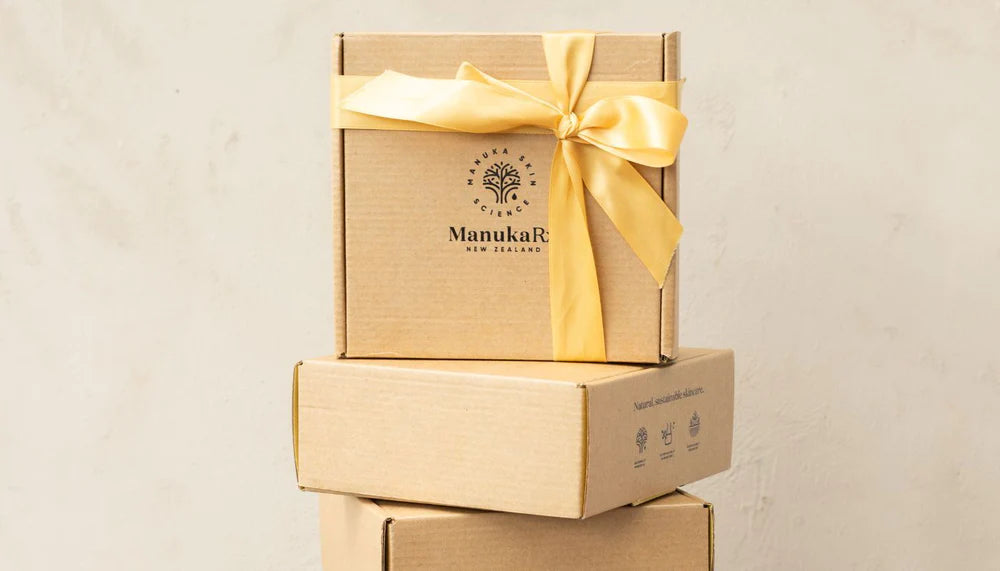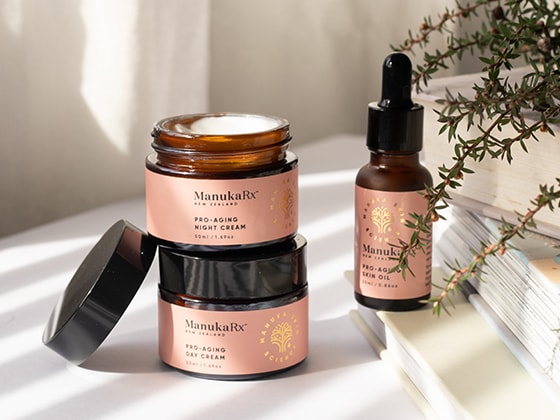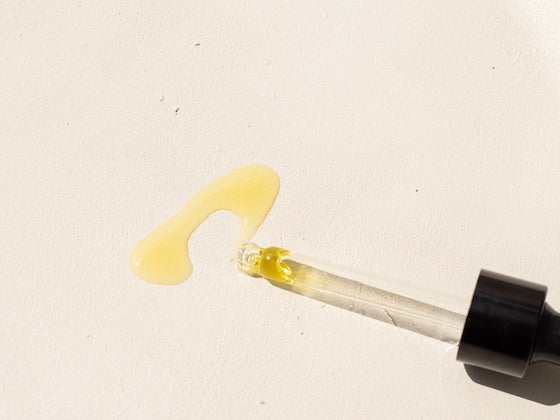This week, November 18th - November 24th 2020, marks the Antimicrobial Resistance Awareness Week and also WAAW (World Antimicrobial Awareness Week) and is a topic that many of us might not be too familiar with, but it is an extremely important one.
Though we are currently fighting through a worldwide pandemic, one of biggest threats around the world to our health and livelihoods is antimicrobial resistance. But it is a course that can be corrected since we know the major causes of antimicrobial resistance and how we can change it.
Don’t worry, we won’t go too dark or end-of-the-world scenario on you, but it is something that can affect all of our lives and our health. Let’s jump in.
What is Antimicrobial Resistance?
Antimicrobial resistance, or AMR, is when bad bacteria, viruses, fungi, and parasites start to figure out how to change and adapt to medications meant to treat them. The result? These bad, pesky, and dangerous microbes become resistant to antibiotics and medicines making it even harder for our bodies to fight off even common infections.
This also creates superbugs and helps these microbes become stronger and more resistant, all the while making treatments ineffective and harder for our body to fight them naturally.
Eek, sounds pretty dire huh? Well, we can all help fight antimicrobial resistance.
Though this is a very serious issue, it’s not impossible to fix and it simply takes important changes in our lives to ensure we don’t drive AMR higher. To know how to fight it, we have to get familiar with the causes.
What causes Antimicrobial Resistance?
The main causes of AMR is the misuse or overuse of pharmaceutical drugs, antibiotics and medicine for people, animals and agriculture. There are also other factors like poor hygiene, poor diet or access to healthy food and water and use of chemicals.
Overuse leads Superbugs
Unfortunately, there is a growing method of prescribing antibiotics and wrong treatments in a “let’s see if this works” manner for things like viruses that won’t be sorted out with them. There’s also a growing trend of self-medication that adds onto this trend, or false information that leads people to try to attempt to treat viruses like COVID-19 with antibiotics. This of course will not work, and can have adverse side effects.
Misuse or overuse of antibiotics and wrong medications causes your body to also lose good bacterias as many of these medications can hinder the immune system and attack microbes important to the body.
Destroying Good Bacteria Leads to Bad Bacteria Booms
Protecting our skin, not destroying it.
For example, though it is important that we stay safe and sanitise things to slow the spread of viruses like COVID-19, the constant use of harsh chemicals on our skin is causing good skin bacteria to die. This can cause minor cuts and scrapes to become major infections since our body can’t fight it naturally. Better to use gentle natural antibacterial sanitisers that leave good skin bacteria intact to fight another day.
Our body knows what to do, don’t fight it.

How Can Antimicrobial Resistance Be Prevented?
There is an ever-growing movement to introduce more natural products into our lives instead of bombarding them with harsh chemicals, synthetic treatments and antibiotics for everything we do.
And there’s a reason why this is happening -- worldwide people are realising the benefits of natural products that allow our bodies to function naturally and fight off bad bacteria, viruses, fungi, and more.
Switching to Essential Oils for Skin Issues
Essential oils have been used throughout history to effectively help treat a plethora of ailments, injuries, and health issues without destroying our normal bodily functions. Essential oils and essential oil blends are incredible ways to fight infections, severe skin issues, and even kill off bad bacterias on our bodies and surfaces. And these don’t lead to AMR.
Boost Your Hygiene Habits
When we say boost your hygiene, we don’t mean attack it. So many products have harsh chemicals that lead to this rise in antimicrobial resistance. Instead, lend a helping hand to your body’s natural abilities with some holistic hygiene habits like utilising natural household cleaners, switching to gentle antibacterial soaps, and addressing skin challenges and injuries with powerful antibacterial oils from nature.
Mānuka Oil Can Help Fight Off Antimicrobial Resistance
There are some incredible natural antibiotic alternatives to fight off bad bacteria, but the mighty mānuka plant, and especially East Cape mānuka, is the most powerful antibacterial oil found in nature. The science behind East Cape mānuka oil shows that rich concentration of potent triketones make it 20-30 times stronger than Australian tea tree, a leading natural antibiotic skincare product.

Better yet, mānuka oil can help kill off even the worst kinds of bad bacteria like gram-positive strains such as Staphylococcus Aureus (Staph infections) and other AMR strains while keeping your good skin bacteria alive and helping it thrive.
Help Slow the Growth of Antimicrobial Resistance Today
We of course aren’t villainising antibiotics and important medications, but these powerful scientific breakthroughs and resources should only be used when absolutely needed, and used responsibly.
Keep you and your loved ones healthier and safer by switching to natural and holistic solutions for issues antibiotics just aren’t cut out to do while helping slow the growth of AMR.
Visit our shop today to explore our antibacterial mānuka oil lineup or for more information, head over to the World Health Organization AMR resource page.






